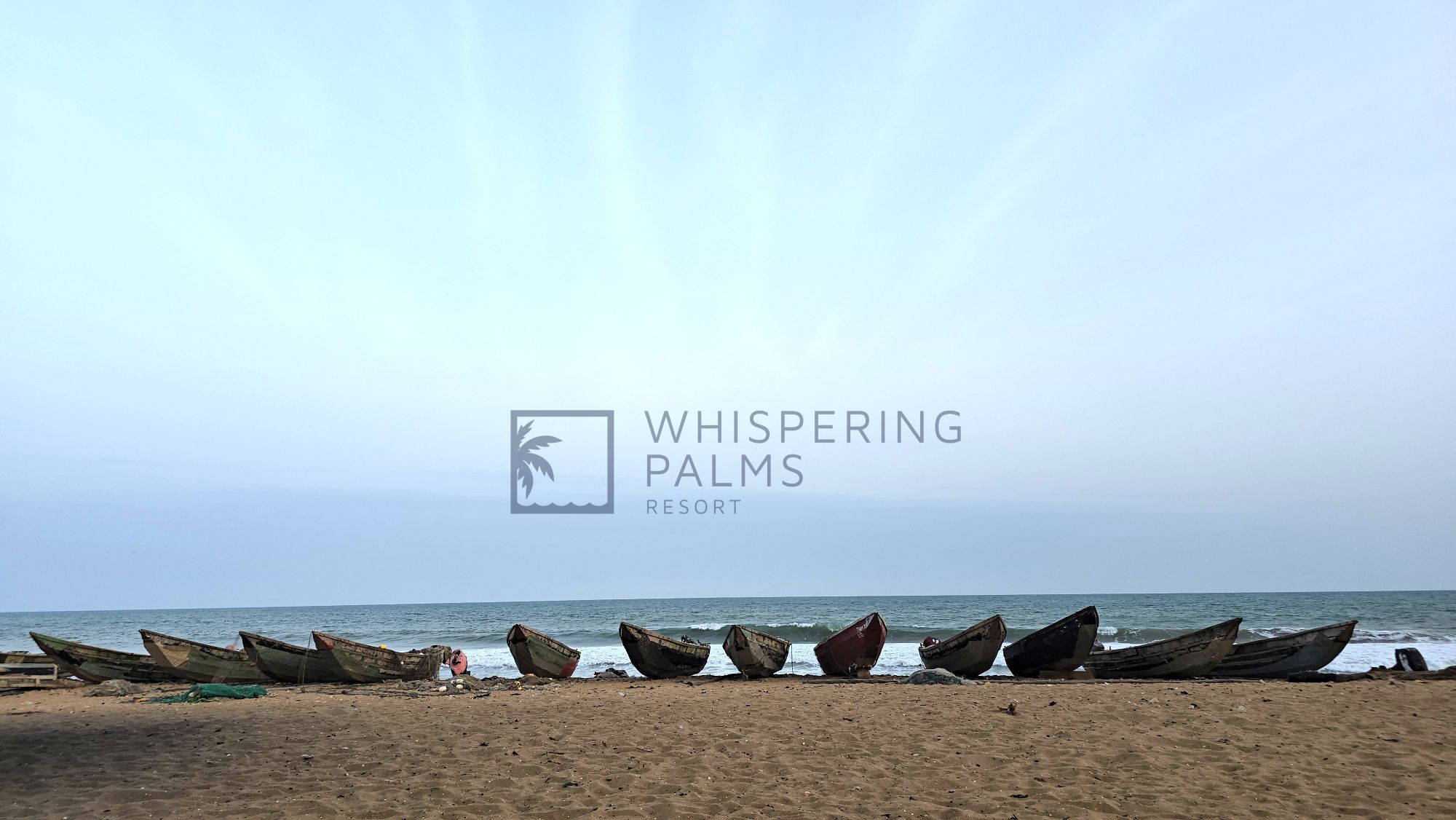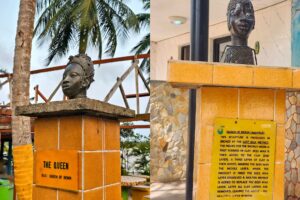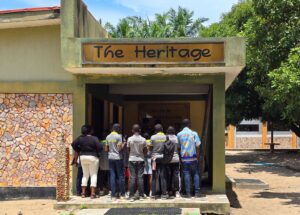Resort development in Nigeria is more than just creating luxurious getaways; it’s a catalyst for economic growth, job creation, and cultural preservation. At Fortis Lifestyle & Hospitality (FLH), we are pioneering this transformation by revitalizing iconic destinations like Whispering Palms Resort in Badagry. This article explores the profound economic benefits of resort development and how FLH leverages these strategies to drive growth, enhance guest experiences, and contribute to Nigeria’s tourism sector.
The Ripple Effect of Resort Development on Local Economies
The development of world-class resorts in Nigeria, particularly in regions like Whispering Palms Resort, creates a ripple effect that extends far beyond the hospitality sector. At Fortis Lifestyle & Hospitality (FLH), we recognize that resort development is not just about luxury accommodations, it’s a catalyst for economic transformation. By strategically investing in sustainable tourism infrastructure, we unlock opportunities for job creation, local business growth, and community empowerment, all while delivering a world-class guest experience.
One of the most immediate impacts of resort development is job creation. From construction to operations, resorts require a diverse workforce, providing employment for both skilled and unskilled labor. At Whispering Palms, FLH has prioritized hiring locally, ensuring that over 70% of our staff are from surrounding communities. This not only reduces unemployment but also fosters skill development, as we invest in training programs to elevate hospitality standards. The result? A more competitive workforce that drives both guest satisfaction and long-term economic resilience.
Beyond employment, resort development spurs infrastructure improvements. Roads, utilities, and telecommunications networks are often upgraded to meet the demands of tourism, benefiting both guests and residents. FLH collaborates with local governments and private stakeholders to ensure these enhancements are sustainable.
Local businesses also thrive when resorts like Whispering Palms become economic anchors. FLH actively sources goods and services from nearby suppliers, from fresh produce to artisan crafts, injecting capital into the regional economy.
What sets FLH apart is our sustainable approach. We don’t just build resorts, we build ecosystems. By integrating environmental stewardship and community engagement into our business model, we ensure that economic benefits are enduring. This philosophy not only enhances our brand reputation but also attracts discerning travelers who value responsible tourism.
In the end, FLH’s strategy proves that resort development, when executed thoughtfully, can be a powerful engine for economic progress, one that elevates lives while delivering unparalleled hospitality.
Conclusions
Resort development is a powerful engine for economic transformation in Nigeria, and Fortis Lifestyle & Hospitality is at the forefront of this movement. By blending sustainability, innovation, and cultural richness, we not only enhance guest experiences but also uplift local communities. The success of Whispering Palms Resort underscores the potential of strategic hospitality investments to drive national and regional prosperity.





